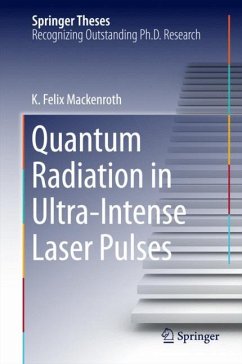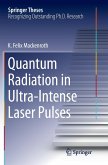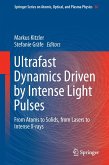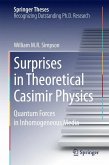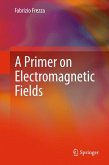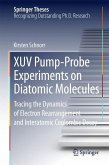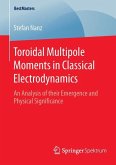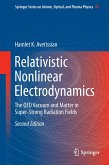Scientific advances and several technical breakthroughs have led to a remarkable increase in available laser intensities over the past decades. In available ultra-intense laser fields, photon fluxes may become so high that free charge carriers interact coherently with several of the field's photons. In this thesis such nonlinear interactions are investigated for the prime example of radiation emission by electrons scattered from intense laser pulses of arbitrary temporal structure. To this end, nonlinear quantum field theory is employed taking the interaction with the laser into account exactly. After an in-depth introduction to classical particle dynamics as well as quantum field theory in nonlinearly intense laser fields the emission of one and two photons is explicitly analyzed. The results are then translated to viable technical applications, such as a scheme for the determination of the carrier-envelope phase of ultra-intense laser pulses and a proposal for detecting the strongly suppressed two-photon signal.

